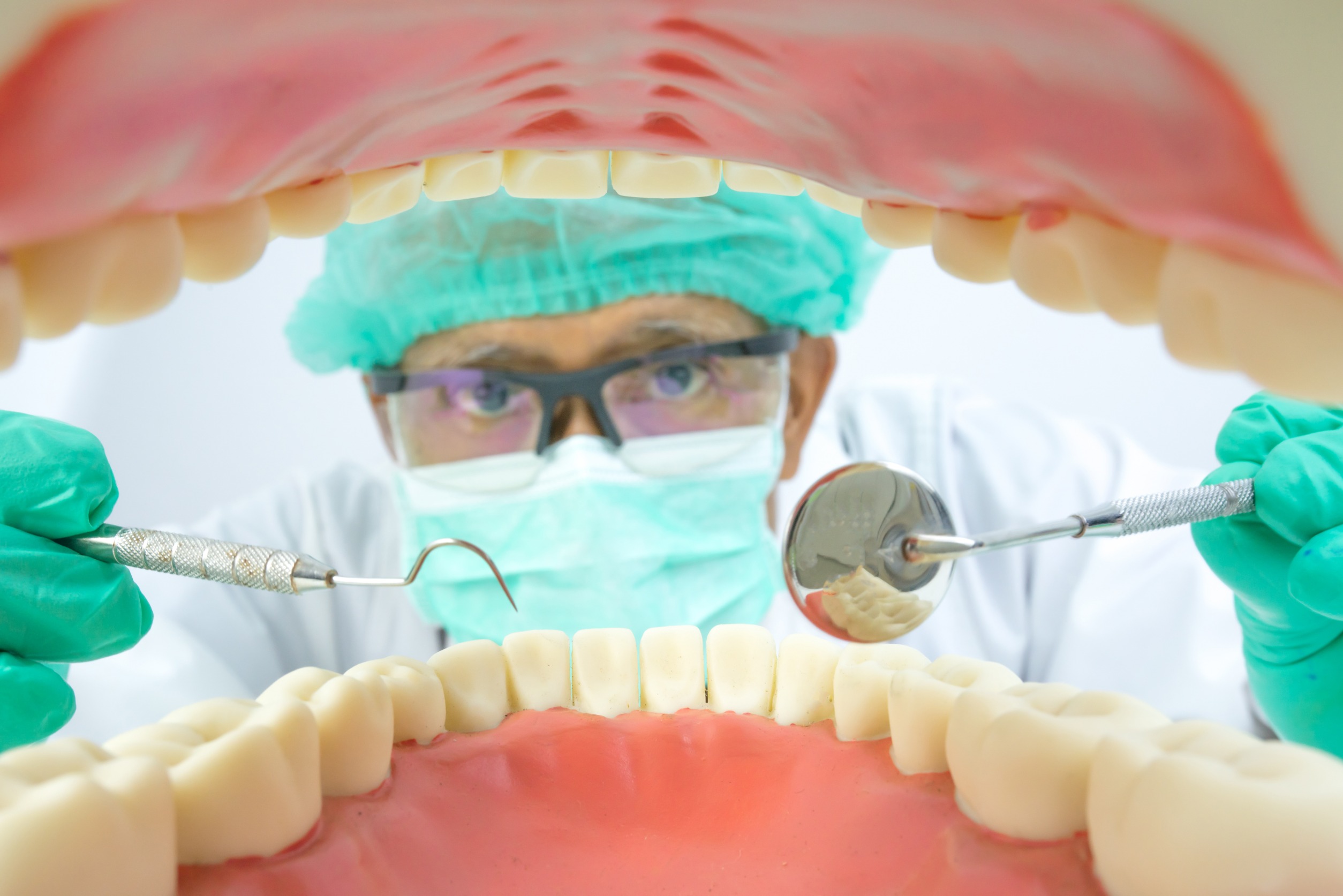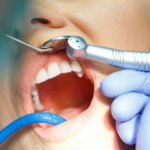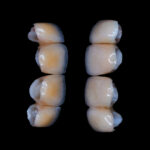Soft Foods After Dental Surgery
Dental surgery can be an intimidating experience, and post-surgery care is crucial for a quick and smooth recovery. One of the most important aspects of recovery is adhering to a proper diet, as eating the wrong foods can delay healing or cause discomfort. This guide will provide a comprehensive look at the best soft foods after dental surgery, tips for easing into solid foods, and how to manage your diet for optimal recovery.
Why Soft Foods Are Important After Dental Surgery
After dental surgery, whether it’s tooth extraction, dental implants, or other oral procedures, your mouth and gums need time to heal. Soft foods are essential during this period because:
- They are easy to chew and swallow, preventing strain on the surgical site.
- They reduce the risk of damaging stitches or causing irritation.
- They promote healing by minimizing discomfort and avoiding food particles that might become trapped and cause infection.
Best Soft Foods to Eat After Dental Surgery
Choosing the right soft foods can make a big difference in your comfort and recovery. Here’s a list of soft, nutritious options to include in your post-surgery diet:
1. Mashed Potatoes
- Why They’re Good: Mashed potatoes are soft, easy to eat, and can be prepared in a variety of flavors. They are high in calories, which can help maintain energy levels during recovery.
- Preparation Tip: Make them smooth and creamy without any chunks. Avoid adding ingredients that could irritate your gums, such as black pepper or strong spices.
2. Applesauce
- Why They’re Good: Applesauce provides vitamins and natural sweetness without requiring chewing. It’s gentle on the mouth and soothing to sore areas.
- Preparation Tip: Choose unsweetened applesauce to avoid added sugars that could affect healing.
3. Yogurt
- Why They’re Good: Yogurt is rich in probiotics, which can promote gut health and contribute to overall healing. It’s also creamy and easy to swallow.
- Preparation Tip: Opt for plain or flavored yogurt without fruit chunks, which could be difficult to eat.
4. Smoothies
- Why They’re Good: Smoothies are highly customizable and can be packed with fruits, vegetables, and protein sources for a well-rounded nutrient boost.
- Preparation Tip: Avoid using a straw when drinking smoothies, as the suction can dislodge blood clots and delay healing. Instead, drink directly from a cup or use a spoon.
5. Scrambled Eggs
- Why They’re Good: Eggs are soft, easy to chew, and high in protein, which is crucial for tissue repair.
- Preparation Tip: Cook scrambled eggs until they are fluffy and avoid making them too dry.
6. Oatmeal and Cream of Wheat
- Why They’re Good: These warm, comforting grains are easy to swallow and provide fiber and nutrients.
- Preparation Tip: Cook them to a soft consistency, and let them cool to avoid burning sensitive areas in your mouth.
7. Broths and Soups
- Why They’re Good: Clear broths and blended soups offer hydration and nutrition while being gentle on the mouth.
- Preparation Tip: Puree chunky soups and let them cool slightly before eating to avoid discomfort.
8. Cottage Cheese
- Why They’re Good: Soft and protein-rich, cottage cheese is a great addition to your soft food diet. It can be eaten alone or mixed with other soft foods like applesauce.
- Preparation Tip: Choose small curd varieties for an even softer texture.
9. Bananas
- Why They’re Good: Bananas are naturally soft and can be easily mashed to create a nutritious snack full of vitamins and minerals.
- Preparation Tip: Mash bananas to avoid chewing, or blend them into smoothies.
Foods to Avoid After Dental Surgery
Just as important as knowing what to eat is knowing what to avoid. Certain foods can cause irritation, pain, or even disrupt the healing process:
- Crunchy Foods: Chips, popcorn, nuts, and raw vegetables can break apart and get lodged in the surgical site.
- Sticky or Chewy Foods: Chewing gum, caramels, and other sticky treats can dislodge stitches or irritate the area.
- Spicy or Acidic Foods: Foods with strong spices or high acidity, such as citrus fruits and spicy dishes, can cause stinging or discomfort.
- Hot Foods and Beverages: Extremely hot soups, drinks, or foods can burn sensitive tissue and slow healing.
- Using a Straw: As mentioned earlier, the suction from using a straw can dislodge blood clots and lead to a painful condition known as dry socket.
Tips for Transitioning Back to Solid Foods
As your mouth begins to heal, you can slowly reintroduce more solid foods. Follow these tips to ensure a smooth transition:
- Start with Semi-Solid Foods: Gradually move from very soft foods to semi-solid options such as soft pasta, well-cooked vegetables, and shredded chicken.
- Chew on the Opposite Side: If your surgery was on one side of the mouth, try chewing on the opposite side to minimize discomfort.
- Cut Food into Small Pieces: This makes chewing easier and reduces the risk of irritating the surgical site.
- Listen to Your Body: If a certain food causes discomfort, switch back to softer options for a few more days.
Westwood Gardens Dental Clinic: One of the best dental clinics in Richmond Hill, Ontario
For those in Richmond Hill, Ontario, Westwood Gardens Dental Clinic is a trusted provider of high-quality dental care, including partial dentures. Call them today at 647-905-7303 or email info@westwoodgardens-dental.ca to schedule a consultation. You can also visit their clinic at Unit 18, 8868 Yonge St, Richmond Hill, ON, L4C 1Z8 for a comprehensive assessment and personalized treatment plan.
Nutritional Considerations During Recovery
Maintaining proper nutrition is crucial for a quick recovery. Ensure that your diet includes:
- Protein: For tissue repair and faster healing, include soft, protein-rich foods like eggs, yogurt, and soft tofu.
- Vitamins and Minerals: Nutrients like vitamin C and zinc help boost the immune system and promote wound healing. Smoothies with added spinach, fortified drinks, and mashed sweet potatoes can help meet these needs.
- Hydration: Staying hydrated is essential for overall health and healing. Drink plenty of water, herbal teas, and broths.
FAQs About Soft Foods After Dental Surgery
Q: How long should I stick to a soft food diet after dental surgery?
A: Most patients are advised to stick to soft foods for at least a week after surgery. However, your dentist may provide specific guidelines based on your procedure and personal healing progress.
Q: Can I eat ice cream after dental surgery?
A: Yes, ice cream (without nuts or hard toppings) can be soothing for the mouth. Just be mindful of the sugar content and avoid eating it too frequently.
Q: When can I start eating meat again?
A: Start with soft meats like shredded chicken or fish a few days after surgery and gradually transition to more solid meats as your mouth heals.
Conclusion
Eating the right soft foods after dental surgery can make a significant difference in your recovery process. By choosing nutrient-dense, easy-to-chew options, you can ensure that your body receives the nourishment it needs to heal properly. Consult with your dentist for personalized advice and take it slow when reintroducing solid foods. With the right approach, you’ll be back to your regular diet in no time.




